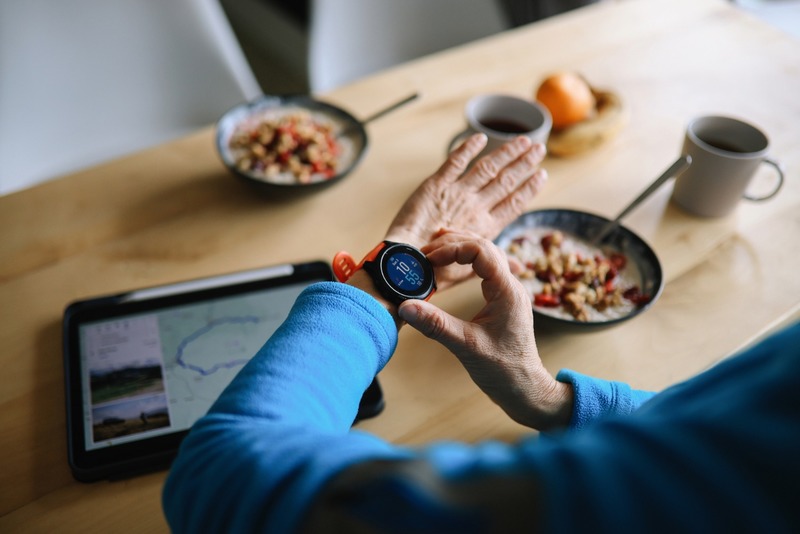News
How To Fill Your Plate

When it comes to filling your plate, think quality over quantity. Building a meal centered around nutrient-dense, wholesome fruits and vegetables is an important part of this philosophy, and one that makes it hard to overeat or eat poorly. Most physicians agree that when planning your meals, it’s important to count the fruits and veggies on your plates as opposed to calories, as the latter can be misleading.
“I’m not a fan of calorie counting and restriction; if people restrict calories too much and become starved for calories, there is usually a rebound effect,” says Dr. Lipton, an internist at Vail Health. “Personally, I focus on eating nutrient-dense foods which are naturally low in calories.”
So how does this actually look on your plate?
- Half your plate should be filled with fruits and vegetables, minimally processed, and cooked in healthy oils like canola or olive oil.
- A quarter of your plate should be filled with healthy grains — think whole wheat bread, whole grain pasta or brown rice. Stay away from refined grains, like white bread and white pasta.
- The last quarter of your plate should come from protein. Avoid cold cuts and bacon, as they’re usually processed and filled with additives. Instead, go for nuts, beans, poultry and fish, and try for high-quality sources (no hormones or antibiotics).
- 3 ounces of meat is the size of a deck of cards
- 1 cup of pasta, rice or vegetables is the size of a baseball
- 1 teaspoon of margarine is the size of one die
- 1½ ounces of cheese is the size of four stacked dice
- ½ cup of fresh fruit is the size of a tennis ball
- Eat from a plate, not the bag, box or package.
- Use a smaller plate, 9 inches, to avoid serving too much.
- Prep and plan — cut, chop and store veggies and fruit in the fridge, so it’s easy to snack on healthy items, as well as easier to throw a meal together.
- Stock up on staples — brown rice, no-sodium canned beans, frozen fruits and vegetables, oatmeal, pasta, bean soups, etc.
Dr. Dennis Lipton
For more information on nutrition and dietitian services, visit vailhealth.org/nutrition. To schedule an appointment call (970) 479-5058.
About Dr. Dennis Lipton - Internal Medicine | (970) 926-6340
Dennis Lipton MD is a board-certified internist trained in the essentials of primary care and disease prevention and can help ensure patients receive the proper medical screening tests and immunizations.
More News
-
New!
More

First Chair to Last Call: What Does Alcohol Really Mean For Your Health?
In nearly every Colorado ski town, some iteration of the neon sign blares its play-hard-party-harder anthem. It’s a not-so-subtle nod to mountain party culture, a lifestyle that normalizes combining sports and outdoor adventures with heavy drinking and partying. In Eagle County, après culture, high-altitude living and outdoor performance have coexisted for as long as locals have been sliding on snow. But how much is too much at altitude? And what role do social support systems play in helping residents find balance?
-
New!
More

Counting More Than Steps: How Wearables Can Help (or Hinder) Your Health
From step counts to sleep stages, heart rate variability to blood sugar spikes, wearable devices are giving us a front-row seat to what’s happening inside our bodies. Strapped to wrists, slipped onto fingers or wrapped around our biceps, wearables like the Oura Ring or Whoop strap promise insight and advice in the quest for better health.
-
More

Cass Barham and Sarah Crabtree Honored As Recipients of Vail Health Elevate Award
Cass Barham and Sarah Crabtree, both lab techs at Vail Health Hospital, have been named recipients of the Vail Health Elevate Award. Vail Health created the Elevate Award in June 2022 to give patients and their families an opportunity to nominate and thank employees who have touched their lives in some way.
